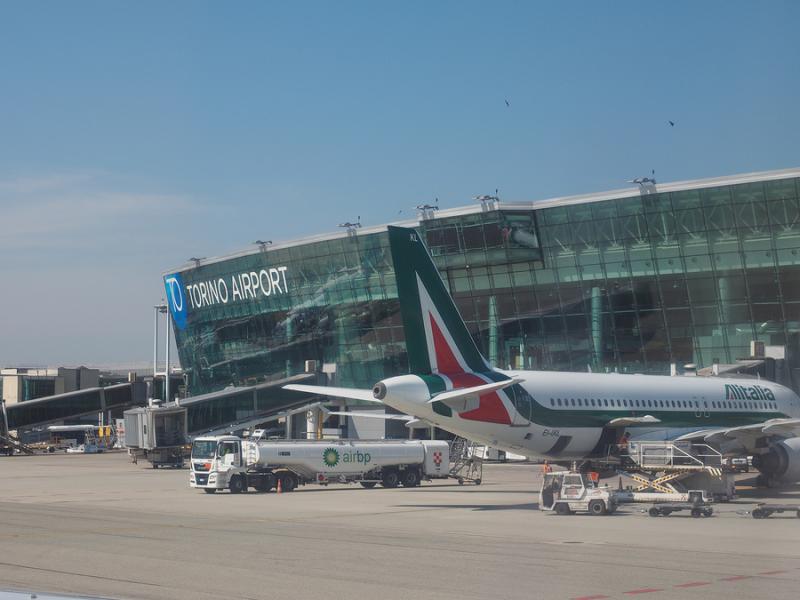National and European borders (Schengen area) reopened for Italy on June 3, but some European countries are still restricting entry based on each EU country’s epidemiological level.
[In addition, the Schengen area to date remains closed to most international flights from other continents, at least until June 15.]
And even though you can travel in the Schengen area, the situation isn’t back to normal yet: in some cases there are simply no flights, in other cases there are additional precautions in place for those countries with the most Covid-19 cases, and Italy, at the moment fourth in Europe for number of cases after Russia, the U.K. and Spain, is among them.
Greece was most recently criticized, with misleading titles running on Italian media, for supposedly deciding to deny entry to Italians (Greece is a very popular summer destination for Italians). The reality is that Greece has simply implemented a plan for tourism divided into the following three phases:
- From June 15: 29 countries with low epidemiological rates will be allowed access into Greek borders; those transiting through airports in countries or regions that are considered at higher risk will be subjected to a 7- or 14-day quarantine (in the case of Italy, those traveling from airports in Lombardy, Piedmont and Emilia-Romagna).
- From July 1: countries with medium epidemiological risk, including Italy, can travel to Greece so the first flights and travel packages have been scheduled for this date;
- From July 15: all other countries.
Basically, from 3 to 14 June, Greece doesn't want anyone to enter, not just Italians, which only seems cautious (many in Italy questioned the government’s decision to reopen borders to International travel as early as June 3).
In any case, there are countries in Europe that appear to be much stricter than Greece as it concerns international travelers including Italians. Let’s look at some of them. [The following information may change according to how the situation unfolds as it relates to the number of new Covid-19 cases.]
In Germany, you still cannot enter except for business reasons or if you are a German resident. You can however transit through a German airport if you need to reach a subsequent destination as long as you prove it with an airline, bur or train ticket. Borders reopen on June 15. The same goes for Austria. The Austrian government is considering restricting access to those coming from Italian regions that still register new Covid-19 cases.
Slovenia, which has become increasingly popular with Italians in recent years, is keeping its borders closed to all except Croatia. A reopening date has not been communicated. You can enter Croatia from June 3 as long as you have a hotel reservation, but you cannot go through Slovenia.
Spain, one of the hardest-hit European countries, has a 14-day mandatory quarantine for anyone entering before July 1.
Portugal has suspended direct flights to and from Italy until June 15; Tap airline will not resume direct connections with Italy until July 1st.
France has never closed its borders, but a self-declaration stating that the person entering does not have Covid-19 symptoms is required from June 3.
Switzerland, which is not part of the Schengen area, will keep its borders closed, except for cross-borders and those needing to enter for work. The government is considering opening borders on July 6.
It is possible to enter the UK, Ireland, Belgium and Malta from June 8, but you must undergo a 14-day quarantine.
Hungary’s borders are closed and it’s not known when they will reopen.
In Norway, an entry ban for travelers who are not Norwegian citizens or residence permit holders to Norway, has been extended until August 20.
It is estimated that most Italians will spend their summer vacation in Italy and will avoid traveling abroad for the time being.












